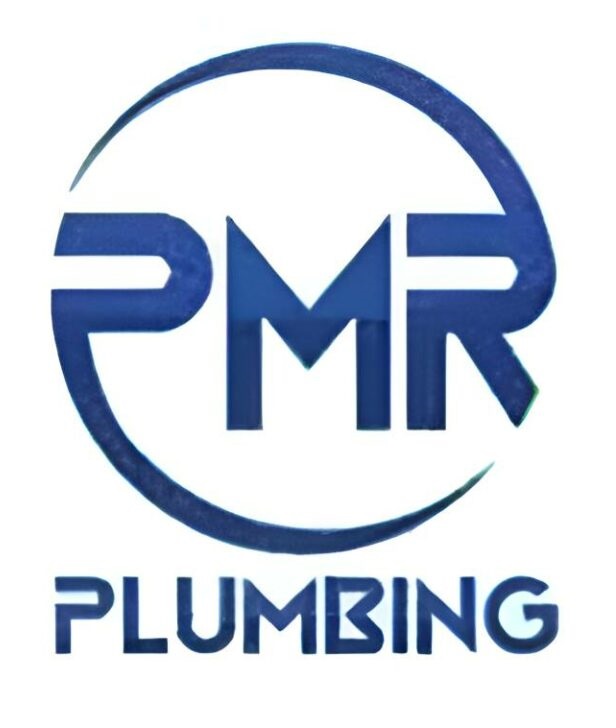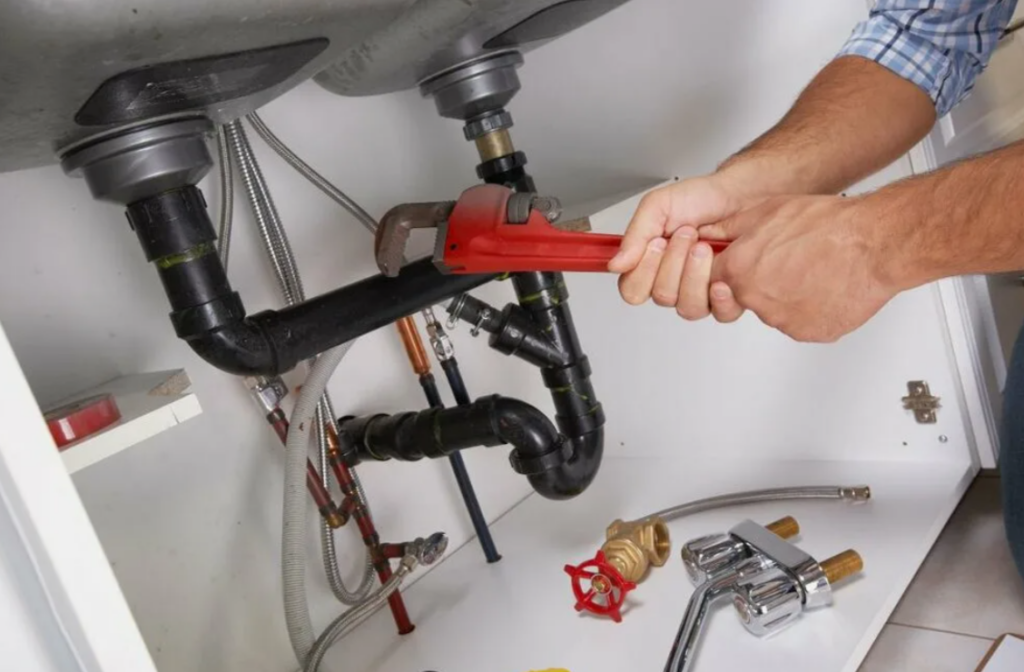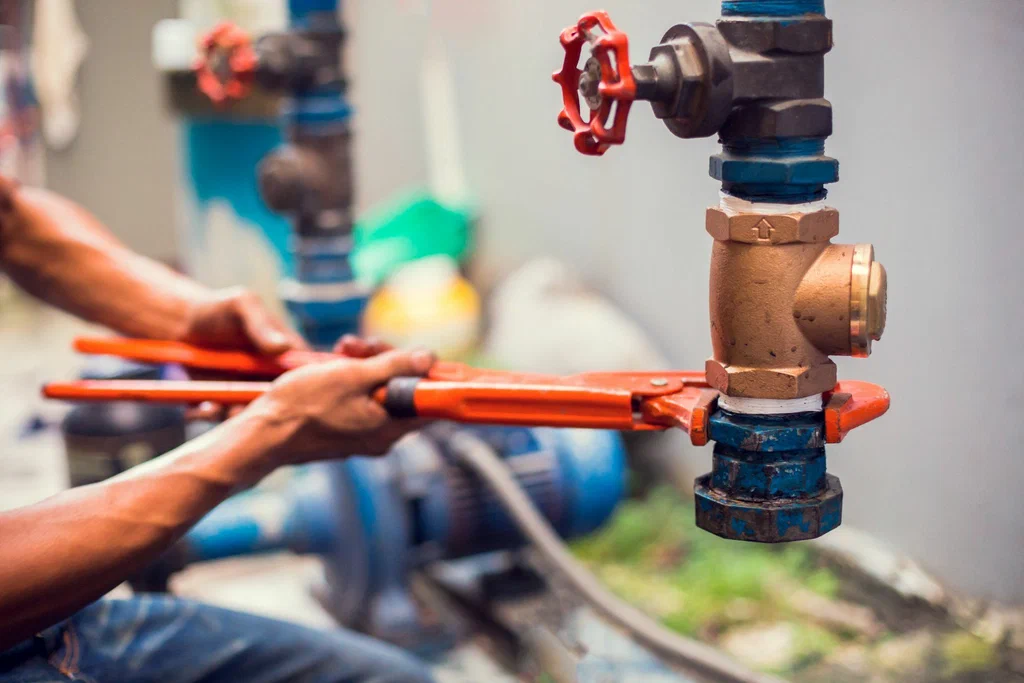Introduction
The season of winter may not be easy on your plumbing. Cold air may freeze, burst, or leak pipes, and the bill will cost you a fortune. Preparation before winter helps your plumbing system stay in good condition and keeps your home safe, warm, and problem-free. You can avoid a headache and have a warm and stress-free winter with a little bit of preparation. In this guide, you will learn about the tips and ideas for preparing your home plumbing system before winter.
Winter Plumbing: A Full-House Pre-Winter Maintenance Checklist
If you want to keep your house safe in winter, then preparing your home before winter or winter plumbing is very important to avoid costly emergencies. Timely repair responses ensure your pipes and fixtures are working smoothly in the icy cold weather.
Here are some of the proven tips and ideas on how to prepare your house for winter:
- Disconnect all the outdoor hoses and drains.
As soon as the chill begins to set in, remove all the hoses from the outside taps. Turn off all the faucets that are supplying water to the interior shutoff valves that are present in the basements or crawl spaces. Then, turn on the outdoor faucets to allow any remaining water to drain out completely.
| Protip: Install a smart thermostat to monitor and maintain temperature remotely. |
- Insulate exposed pipes in unheated areas.
Cover the exposed pipes with foam pipe insulation sleeves or use a strip of heat tape on them in areas that are prone to cold, like attics, basements, crawl spaces, and many more. In case you have water lines in your garage, apply some insulation. Evaluation on those as well.
- Caulk the cracks and the vents of your house.
Use some caulk or expanding spray foam and close any air leaks where cold air might creep in, especially around the foundation, windows, doors, and where the pipes are poking holes through the walls.
- Cover outdoor fixtures with foam.
Once you have emptied the outdoor faucets, add insulated foam faucet covers to them. These covers provide extra protection, which is very useful and prevents the pipes from freezing at the pipe’s opening. Pipe insulation can reduce heat loss by over 80%.
| Did you know? Proper insulation also helps to maintain hot water temperatures and saves energy. |
- Keep garage doors closed.
In the garage, when you have water lines, the door should be kept closed. This will maintain a warmer temperature and will also protect the pipes in the garage from the icy air.
- The bathroom and kitchen cabinets are open.
On seriously low nights, leave the cabinet doors under the sink open. This allows warmer indoor air to circulate the pipes located in the back of the. Cabinets, especially those on exterior walls.
- Keep your heat consistent.
Try to maintain the indoor temperature consistently, even during the nights or when you are out. Also, lowering the thermostat can increase the chances of freezing pipes. A temperature of no lower than 55°F is best to keep things warm.
- Know your main water shut-off valve.
Find the main water open-and-close valve and place a label on it. When there is an emergency, a switch off would save you thousands of dollars in water damage in case there is a burst pipe.
| Key information: The average repair cost for a burst pipe can be around $16,000 for a whole-house pipe repair. |
- Drain your sprinkler system.
If you have an in-ground sprinkler system, you must shut it off and drain it to prevent the lines from freezing and cracking. A professional can run an air compressor and force all the water out of the lines.
| Caution! Never use an open flame to thaw pipes. Use a hairdryer or heating pad to apply gentle, safe heat. |
Conclusion
Winter is hard on your plumbing. Cold air can freeze, burst, or damage pipes, and repairs are costly. By getting your plumbing ready before winter, your home will be warm, safe, and free of problems. A little planning and knowing what to do will save you from major issues, allowing you to enjoy winter without worry. This guide showed you practical tips and ideas for preparing your home’s plumbing so you can relax all winter.
FAQs
Why should I check for leaks before winter?
Fixing leaks before cold weather helps avoid larger issues when pipes freeze.
Do I need to winterize a vacant house?
Yes, always winterize plumbing if you are not staying at your home for the season.
What should I do if a pipe bursts?
Turn off the main water supply and call a plumber immediately.



